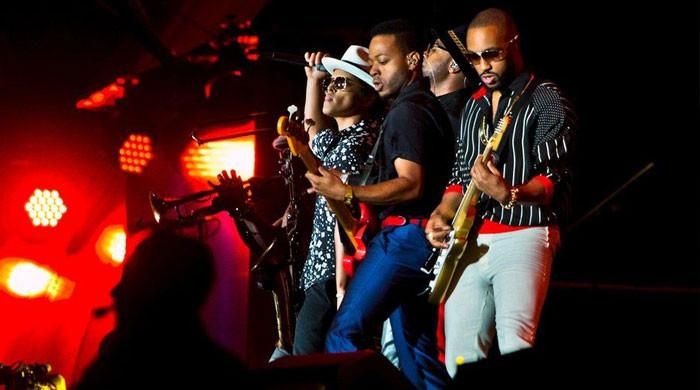The adaptability of live music, in which performers make adjustments based on audience response, likely intensifies emotional reactions.
Recent research led by Sascha Frühholz of the University of Zurich has revealed the secret behind the emotional impact of live music on humans more than recorded music.
According to News Scientist, the study involved composing 12 pieces, half designed to convey negative emotions and the other half positive.
Participants without musical training listened to live performances and recordings of these pieces while undergoing MRI scans to monitor brain activity.
The live performances consistently triggered increased activity in the left amygdala, a brain region strongly linked to emotion processing.
In contrast, the recorded melodies generated less and inconsistent amygdala activity, aligning with participants' emotive ratings.
Frühholz explains that the adaptability of live music, in which performers adapt based on the audience's response, probably intensifies emotional reactions compared to rigid recorded versions.
The study suggests that the dynamic and fluid nature of live music contributes to its ability to amplify emotional responses.
Frühholz and the team aim to replicate the experiment in a concert with a wider audience, emphasizing the social aspect of live musical experiences.
The research provides insight into the neurological basis of our deep emotional connection to live music, hinting at its potential social implications.












